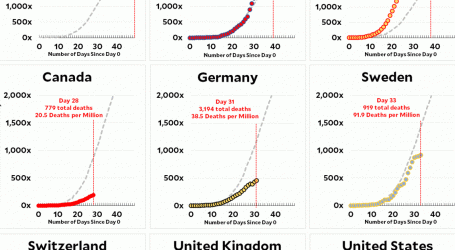Why Is “Trope” So Popular on the Internet?
Looking for news you can trust?Subscribe to our free newsletters.
BuzzFeed editor Ben Smith tweeted this a few minutes ago:
Good to see the word “trope” going mainstream
— Ben Smith (@BuzzFeedBen) February 11, 2019
Let’s talk words for a bit. The reason this popped up today is because of Ilhan Omar’s tweets about AIPAC. Rep. Eliot Engel, chair of the House Foreign Affairs Committee, was typical in his use of the word today: “It is shocking to hear a member of Congress invoke the anti-Semitic trope of ‘Jewish money.’ ” The word trope, in my experience, mostly seems to be used the way Engel uses it here: when you need something a little fuzzy that doesn’t quite say what you’re really thinking. In this case, for example, what Engel really means is slur or conspiracy theory or something of the sort. But that’s a little harsh for a fellow Democrat, so trope it is.
In this case, though, it’s especially unsuitable. Here’s the dictionary definition:
trope [trohp] | noun any literary or rhetorical device, as metaphor, metonymy, synecdoche, and irony, that consists in the use of words in other than their literal sense.
In response to a tweet about US politicians defending Israel, Omar tweeted “It’s all about the Benjamins baby
” and then made clear just whose money she was talking about “AIPAC!” That’s as literal as it gets. What’s more, the historical background of the belief revolves around secret Jewish money and is the farthest thing from a metaphor you could imagine. On the contrary, it’s a longstanding and quite literal belief that Jews control vast sums of money and use it to bribe and control politicians all over the world.
So I’d recommend staying away from lazy uses of trope unless it’s truly what you mean. Like this lazy bastard, for example.





